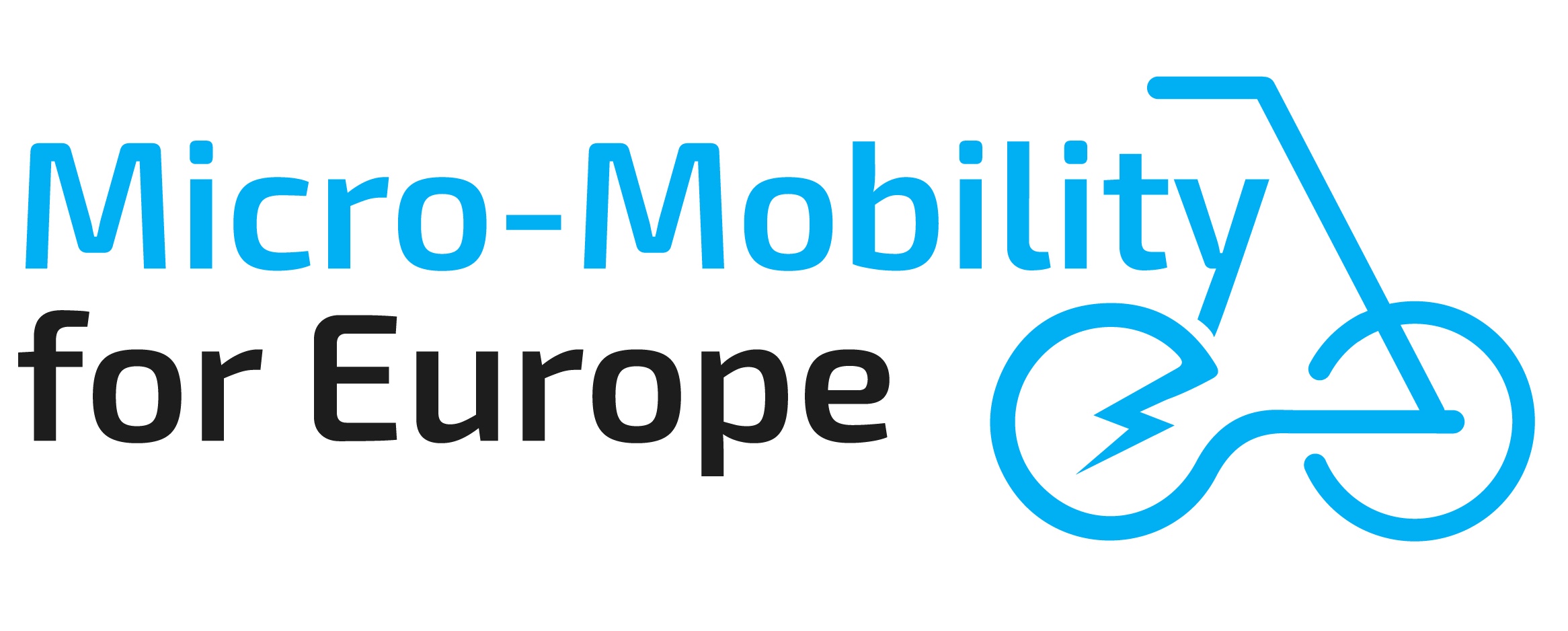September 2022
Micro-Mobilty for Europe (MMfE) was invited to present its views in the workshop on ”technical requirements and road safety of Personal Mobility Devices (PMDs)’’ on 14 September, organised by DG GROW and DG MOVE.
Road safety data shows that the number of e-scooters incidents in Germany were limited
Besides MMfE, representatives from Member States presented their views and provided information on the applicable national rules on technical requirements for light electric vehicles (LEVs). Member States also shared road safety data from their respective countries. Patryk Dudek from the German Transport Agency highlighted that their official national statistics show that e-scooters caused a very limited number of incidents compared to other transport modes, based on data from 2021 (i.e. bicycles and cars). MMfE welcomes the fact that EU Member States are monitoring road safety data on new modes more structurally, and would welcome the opportunity to contribute to these efforts.

The need for horizontal legislation for personal light electric vehicles
MMfE’s representative emphasised the need for a unified approach and called for horizontal legislation that is innovation-friendly, i.e. not too strict, to avoid hampering innovation and limiting the offer of sustainable mobility solutions. Furthermore, MMfE called upon the EU not to allow for deviation on a national level to offer legal certainty to producers.
The main issue discussed was the absence of central legislation setting technical requirements for “personal light electric vehicles” – which should include e-scooters and e-bikes with a design speed of up to 25 km/h. In the absence of horizontal legislation at European level, regulatory divergences at national level are expected to intensify. This will lead to barriers in the internal market, which is contrary to the principles on which the single European market is founded.
Hence, MMfE strongly supports the adoption of a common regulatory framework that creates a new dedicated category and that will establish technical requirements for personal light electric vehicles.
In the creation of a new central regulatory framework, it is essential that the EU does not impose measures that could be detrimental to the uptake of sustainable mobility options, like an obligation to homologate vehicles. There is no evidence that a type approval procedure involves an increase in security levels for users and third parties, in comparison to the current system based on self-certification, as identified by a TRL report. If a sort of type approval procedure is deemed necessary, the EU should propose a light procedure that is not too burdensome in terms of time and cost for the micro-mobility industry.
Furthermore, the imposition of regulatory measures to which motor vehicles are subject should be avoided such as the obligation of motor insurance and of the license plate for shared micro-mobility devices. These measures are designed for heavy vehicles (passenger cars and vans) and do not reconcile with the nature, size, and purpose of light electric vehicles.
Finally, MMfE seizes this opportunity to thank the European Commission for the invitation to the stakeholder dialogue. MMfE would also like to reiterate its willingness to work together with the decision-makers and other relevant players, for the establishment of an EU legislative framework that favors the healthy and continuous development of sustainable transport solutions across Europe.


